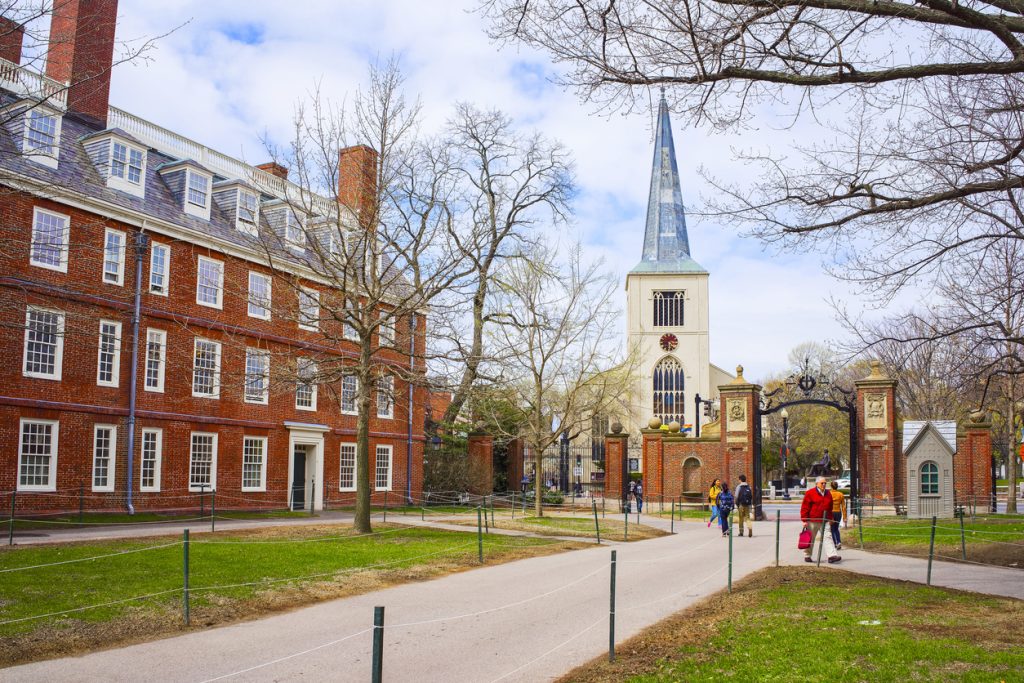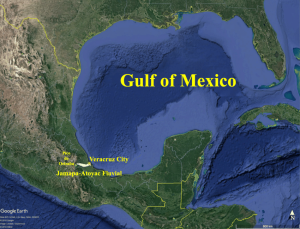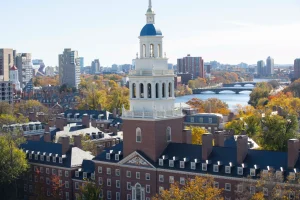In a surprising development for some, the division of Immigration and Customs Enforcement had announced that it will not permit international students on F-1 visas to remain in the US whilst taking a full online course load when the new semester starts in autumn.
Prior to this, Harvard had announced that all course instruction will be delivered online, including for students living on campus. In a statement provided to CNN, the university said the guidance stands to affect approximately 5,000 international students.
In an email to the MIT community, MIT President L. Rafael Reif said: "As I wrote yesterday, this ruling has potentially serious implications for MIT’s international students and those enrolled at institutions across the country.
"The announcement disrupts our international students’ lives and jeopardizes their academic and research pursuits. ICE is unable to offer the most basic answers about how its policy will be interpreted or implemented. And the guidance comes after many US colleges and universities either released or are readying their final decisions for the fall – decisions designed to advance their educational mission and protect the health and safety of their communities."
In response to the new regulations, MIT and Harvard jointly filed suit against ICE and the US Department of Homeland Security in federal court in Massachusetts. As plaintiffs, they will be asking the court to prevent ICE and DHS from enforcing the new guidance and to declare it unlawful.
In the Complaint for Declaratory and Injunctive Relief, it was written that ICE’s action leaves hundreds of thousands of international students with no educational options within the United States. It reads: "Just weeks from the start of the fall semester, these students are largely unable to transfer to universities providing on-campus instruction, notwithstanding ICE’s suggestion that they might do so to avoid removal from the country. Moreover, for many students, returning to their home countries to participate in online instruction is impossible, impracticable, prohibitively expensive, and/or dangerous."
The judgment also states that the ICE regulations have imposed chaos onto universities, and potentially "would undermine the education, safety, and future prospects of their international students and their campus community—or to attempt, with just weeks before classes resume, to provide in-person education despite the grave risk to public health and safety that such a change would entail."
Harvard and MIT are seeking a temporary restraining order and preliminary and permanent injunctive relief preventing the defendants from enforcing the policy, or promulgating it as a Final Rule; an order vacating and setting aside the policy and reinstating the previous guidance, as well as a declaration that the policy is unlawful.
"MIT’s strength is its people – no matter where they come from. I know firsthand the anxiety of arriving in this country as a student, excited to advance my education, but separated from my family by thousands of miles. I also know that welcoming the world’s brightest, most talented and motivated students is an essential American strength", MIT's President wrote in his email.
In a statement, Harvard's President Lawrence Bacow stated "The order came down without notice—its cruelty surpassed only by its recklessness. It appears that it was designed purposefully to place pressure on colleges and universities to open their on-campus classrooms for in-person instruction this fall, without regard to concerns for the health and safety of students, instructors, and others. This comes at a time when the United States has been setting daily records for the number of new infections, with more than 300,000 new cases reported since 1 July."
Harvard and MIT's lawsuit has also received support from Cornell, which is joining as a friend of the court.
Image Credit: Roman Babakin





















